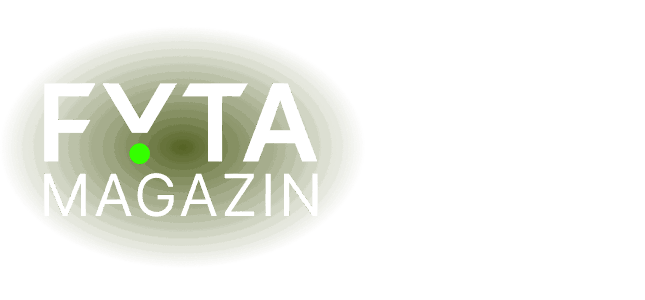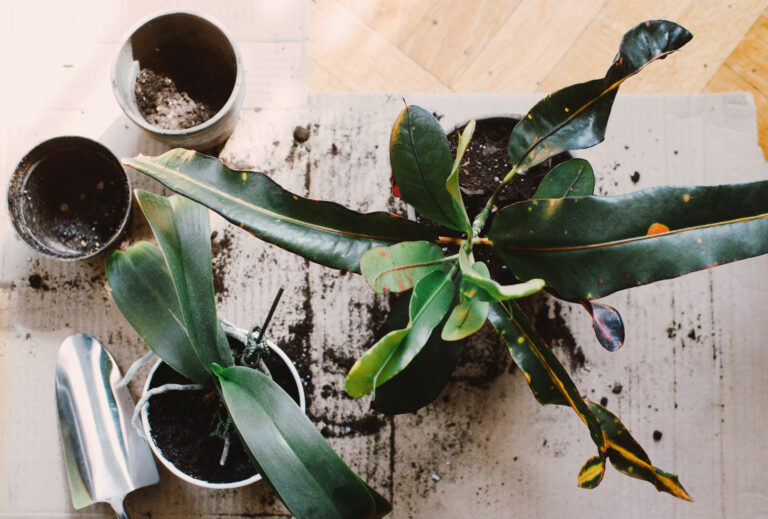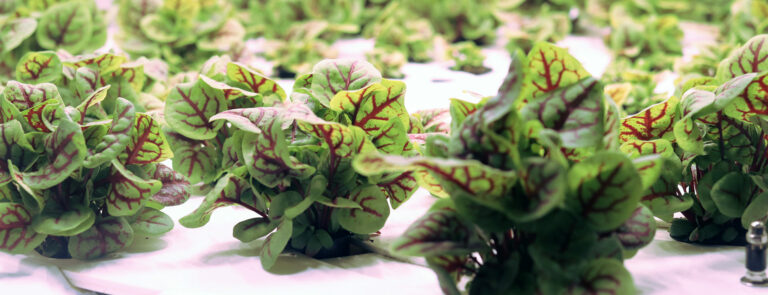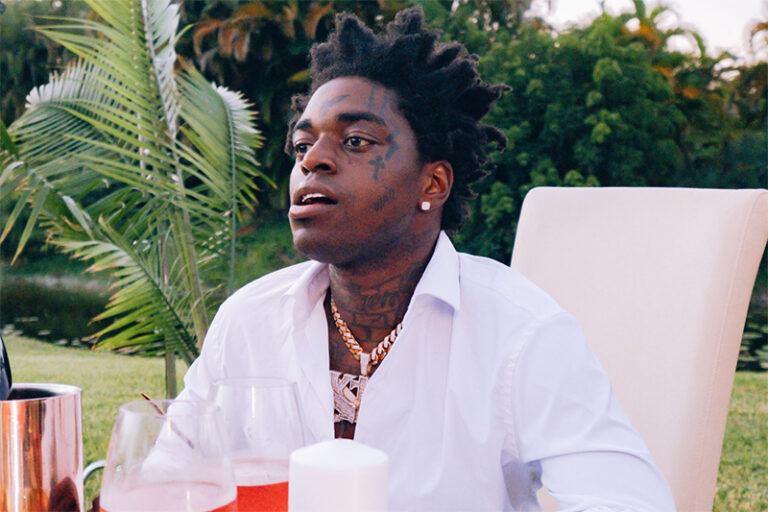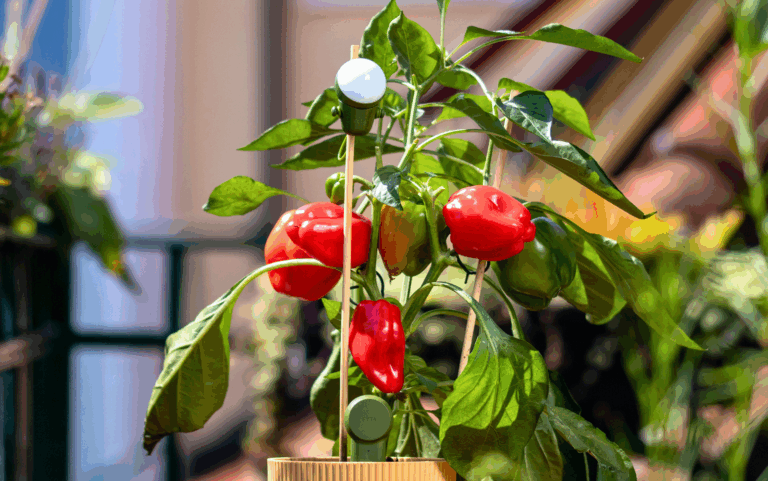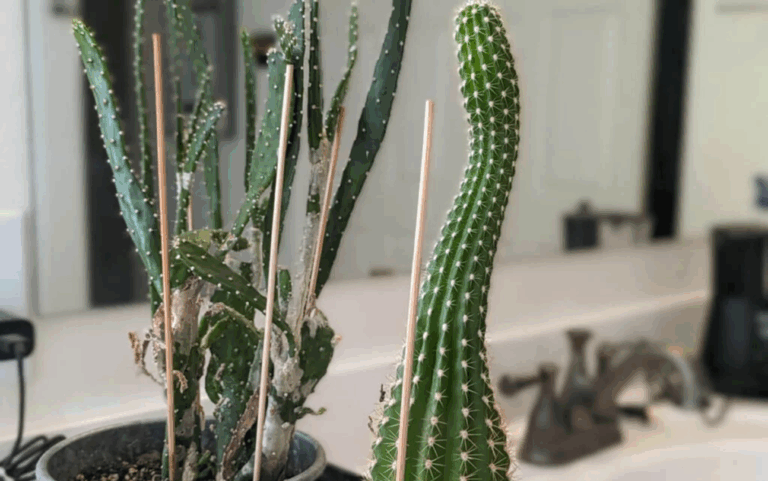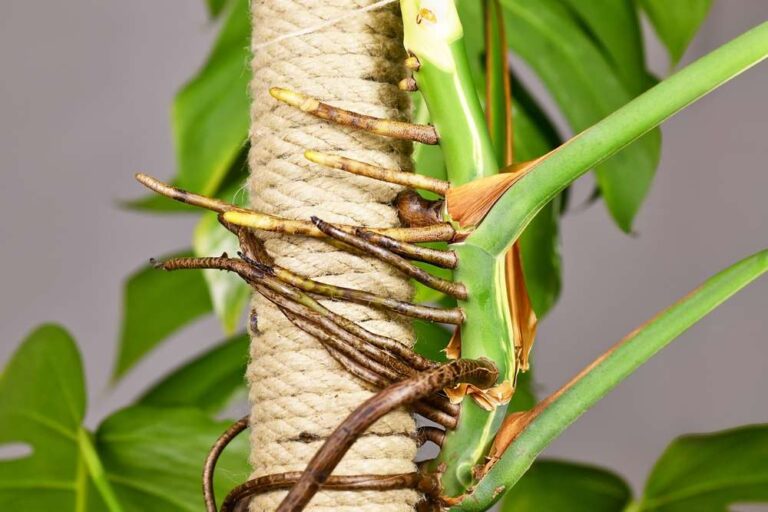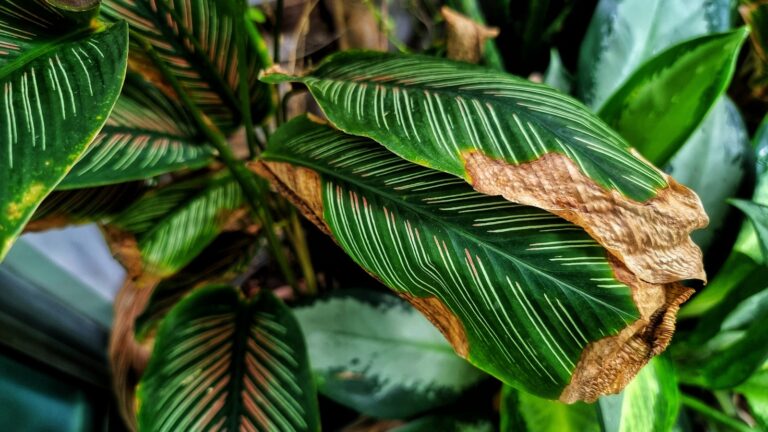
Oumou knows how to break the ice. Washing dishes, chit-chat, laughing. There’s something urbane about their unpretentiousness. Just like their apartment in Berlin Neukölln: family pictures from Senegal, African prints, Buddhist art. Someone here is well-traveled. Oumou’s hobbies are similarly colorful and moving – double bass, training with their queer running group, analog cameras, vegan cooking, and – you guessed it: plants – and lots of them!
Oumu Nasri moved to Berlin four years ago for their photography studies, which they completed last summer, during the pandemic. It is a stark contrast to Senegal, where they grew up surrounded by nature. Their stepdad owns a mango farm with animals; their mom grows roses. Industrial farming meets ornamental gardening. Bizarre? Nope. The two very different concepts are a great match. Roses need fertilizer, and animal poo needs to go. A closed loop that not only combines strong-smelling feces and the pathetic symbol of love – but is also characterized by respect in the treatment of animals. Oumou’s mom is often heard saying,
"Dear cows and horses I need your shit – please!"
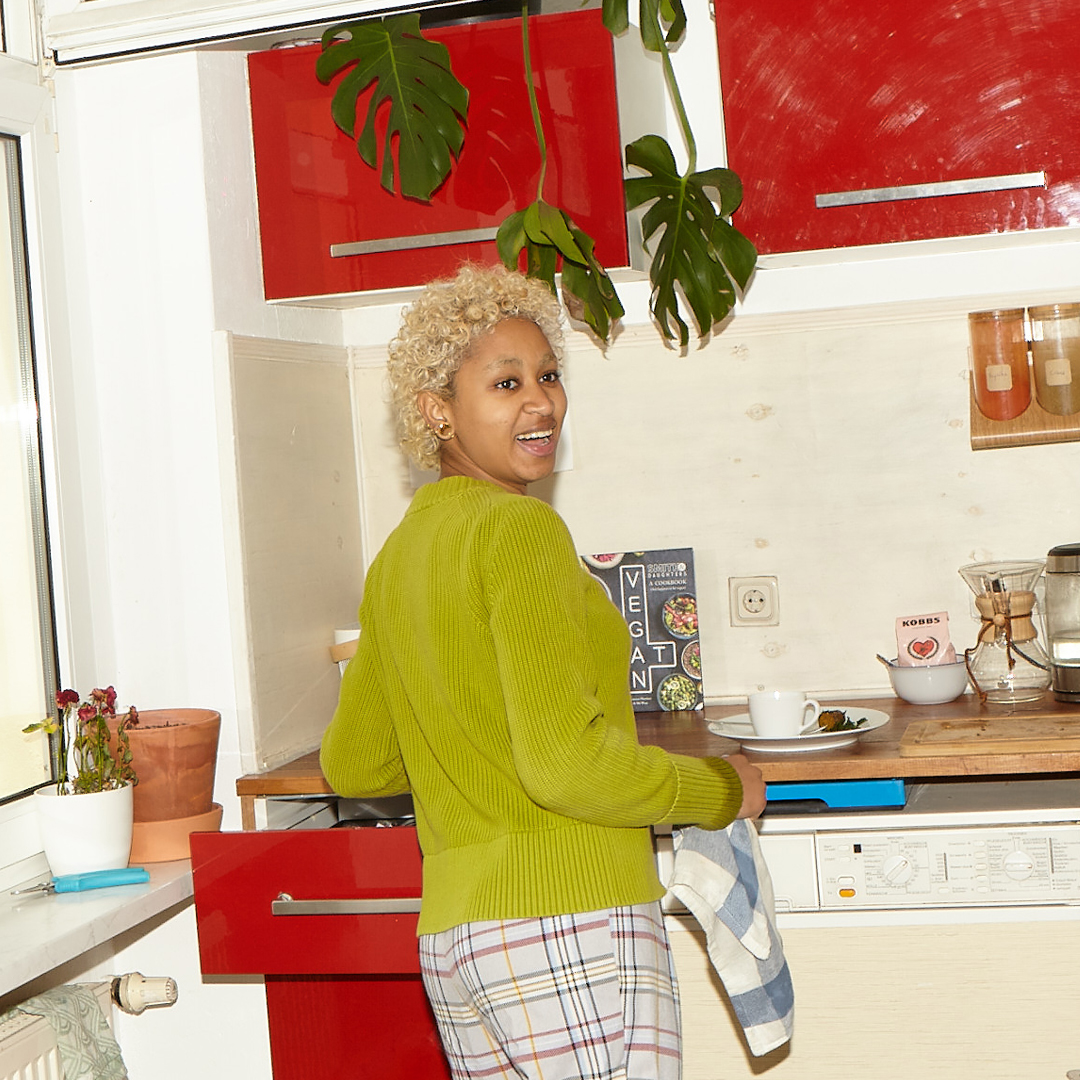
"Nature will decide and eventually wipe us out!"
Oumou sees this as a reflection of the natural cycle of life: reproduction, birth, flowering, life, death, and decomposition. These are also the themes found in their mixed-media works. Yet their view of nature and its process is fascinating and non-judgmental.
In The taste of depersonalization, they stage a rotten apple with a sprouted onion. For us, a rotten piece of fruit must be quickly disposed of before the flies come and things get nasty. For nature, however, that’s a source of new life. Cabbage and lemons, hastily procured and forgotten in the refrigerator, are celebrated by Oumou in Seeds as jewels, as luxuries of everyday life.
In Du sang et du lait, they photograph cockroaches on bare skin. Yukky? Oumou says, “Who are we to say that cockroaches are disgusting – maybe we are?”
Humans play a rather subordinate role in their work: “We might feel entitled to rule the world, but nature will decide and eventually wipe us out.” In Oumou’s world, nature always wins!
Nevertheless, nature is worth protecting for them, something for which one takes personal responsibility. This is also why they live uncompromisingly vegan. “Veganism was a radical and impulsive choice. I decided never to look back.”

"Plants helped me to get a sense of responsibility."
A hard break, which over time not only became easier but also opened up new perspectives – such delicious food creations as orange basil sorbet, for example. “Veganism feels so normal that any other way feels wrong.” Oumou is discovering not only new recipes but also a new sense of responsibility for themselves.
Feelings of responsibility also play a significant role with plants, “Plants helped me get a sense of responsibility.” They love bringing nature into their home, connecting with plants, caring for them, interacting with them. They surround themself with calatheas, a monstera, various succulents, and cacti. Cabinets are quickly knocked against the wall when there’s no more room. Bookshelves? Completely overrated! This is where a breeding station for peppers comes into being. And anyway, who needs curtains when you have hanging plants? Green kids first! Drinking tea, they watch their green brood every day, are happy about every new leaf, defend them from bugs and even play music for them! “They pretend to listen, but they just want the oxygen!”. Kids!
And so, Oumou can experience nature and life cycles through the camera lens – and haptically – in their Berlin version of a rose-mango farm.

